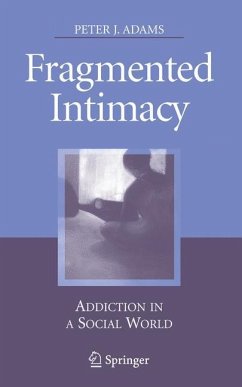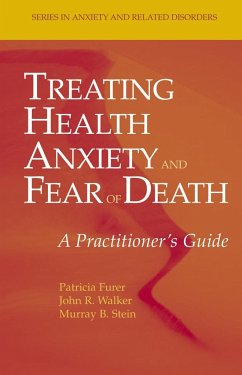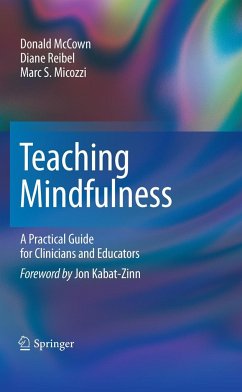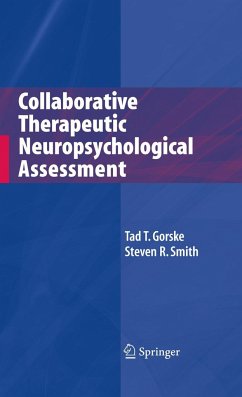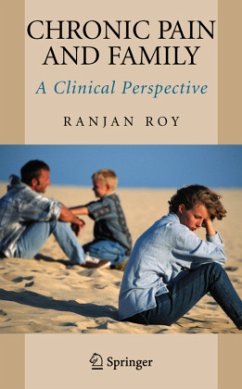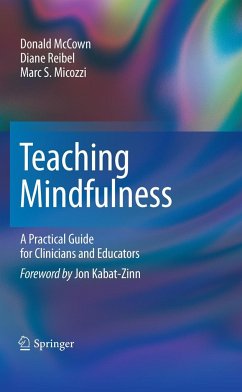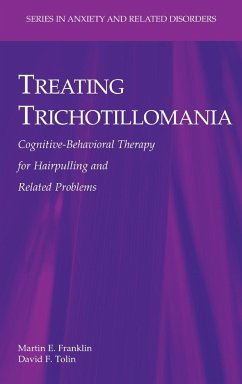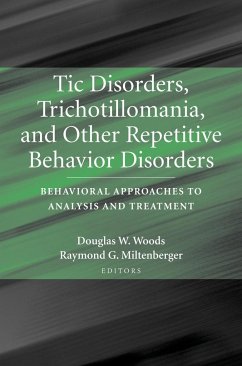
Fragmented Intimacy
Addiction in a Social World
Versandkostenfrei!
Versandfertig in 6-10 Tagen
38,99 €
inkl. MwSt.
Weitere Ausgaben:

PAYBACK Punkte
19 °P sammeln!
Here is the first major work to examine the benefits of applying social understanding to addiction. The book features vignettes, key points, and illustrations that demonstrate how to apply this innovative, new approach to help individuals overcome addiction.
I recall during my early years as a clinical psychologist being asked by hospital staff to speak with a 32-year-old man addicted to alcohol who was being discharged following treatment for pancreatitis. This had been his third admission for the same illness, and hospital practitioners were exasperated by his choice to continue dri- ing despite being repeatedly told it would cause irreparable damage to his pancreas from which he would be unlikely to survive. I met him in a side-room on the ward. He sat in his pyjamas in the corner of the room, thin and ashen looking, with a worried frown fixed across his face. Our conversation was initially stilted and I was trying hard not to replicate the lectures and sermons he was likely to have already received from hospital staff. As we talked I was able to piece together bits of inf- mation about his current circumstances: he lived alone, he was unemployed, and his only family contact was with a brother who visited to check on him occasionally. He started to relax into the conversation and then talked about his long struggles with alcohol: his drinking had begun in his early teens; it had provided him with con- dence and friendships; he had had some serious motor vehicle accidents; he had tried to stop drinking but soon continued; he had lost friends, jobs, and family re- tionships; and in response he had increasingly sought intoxication as a refuge.





